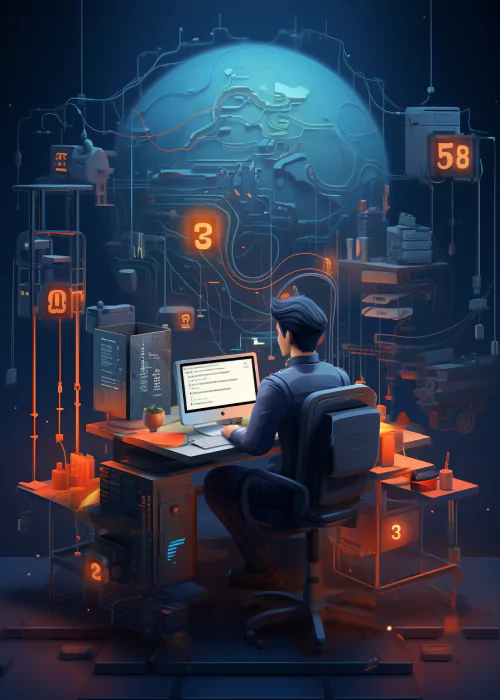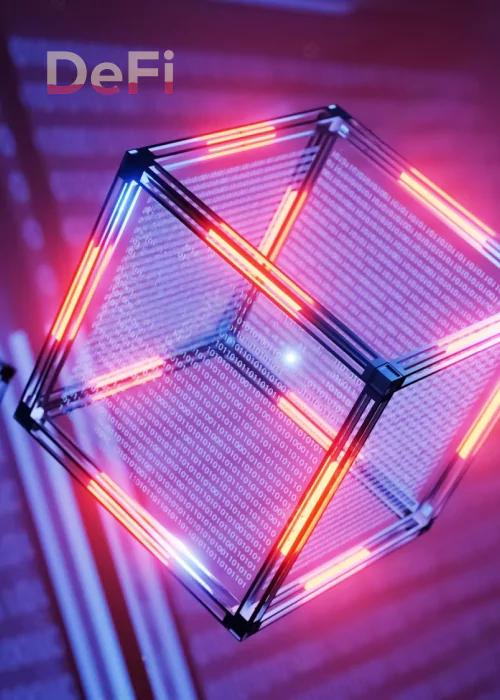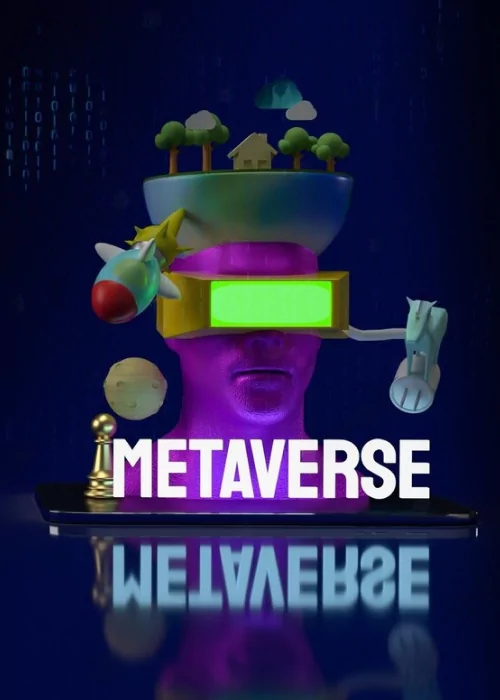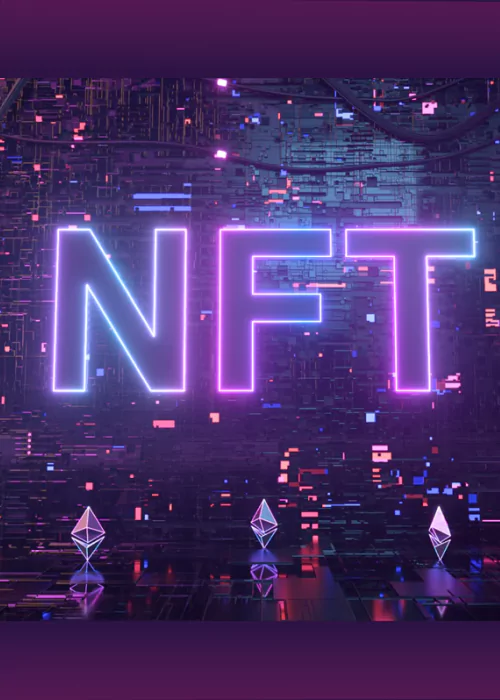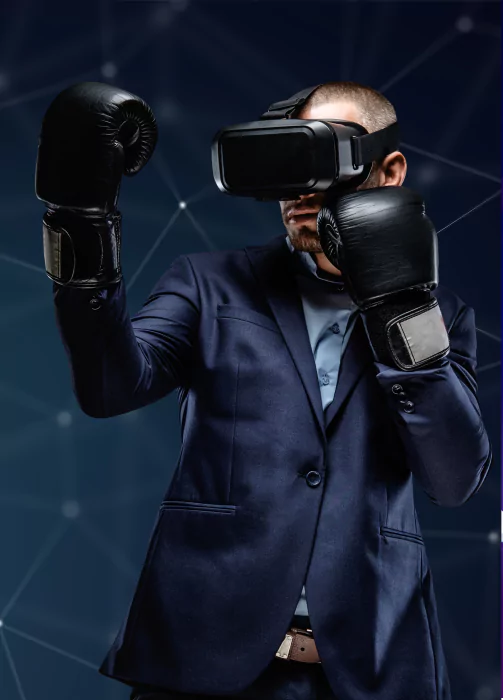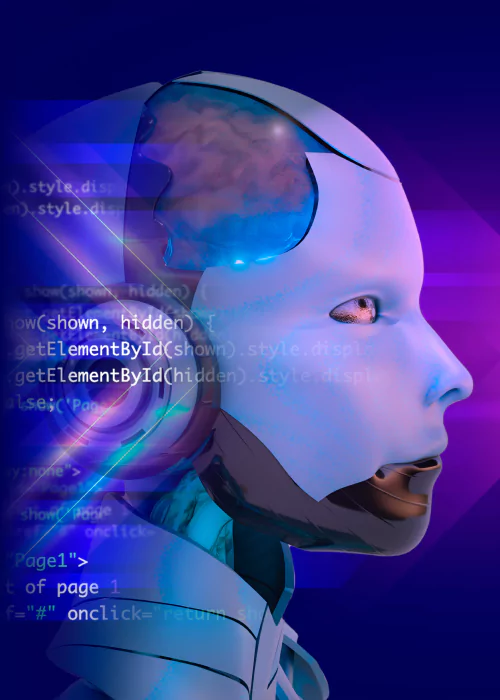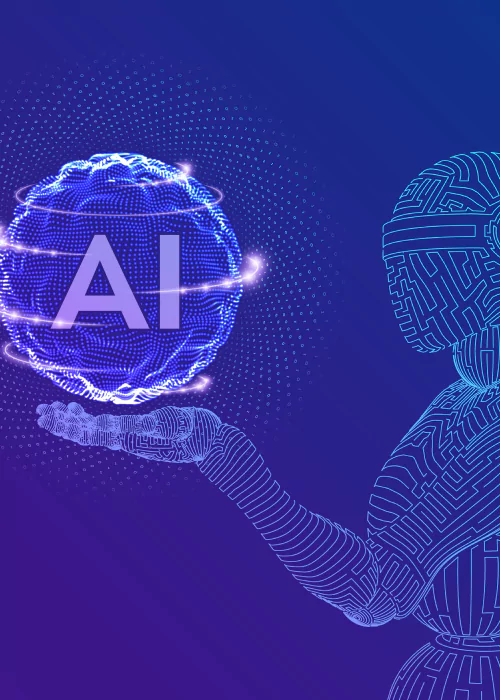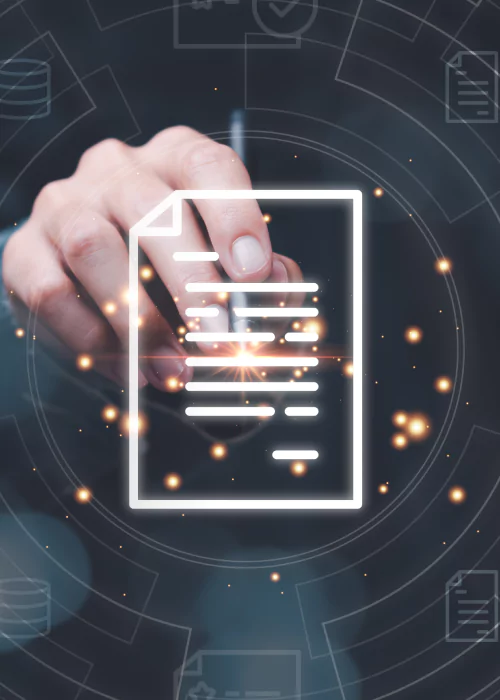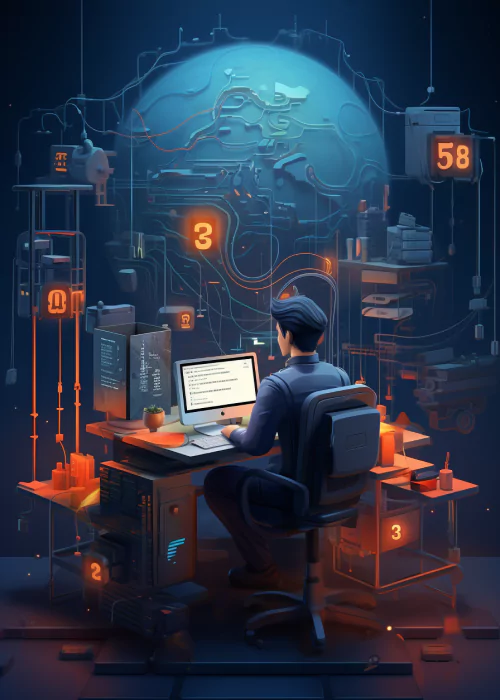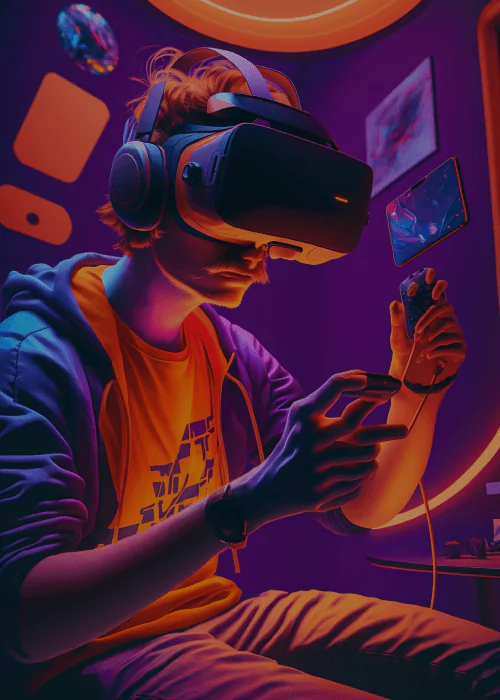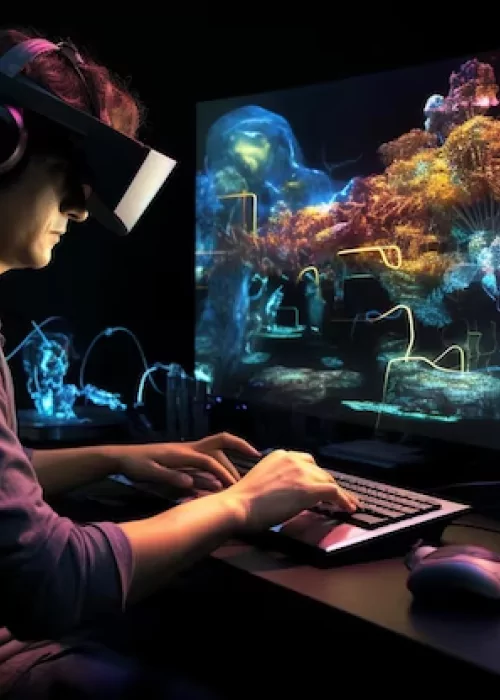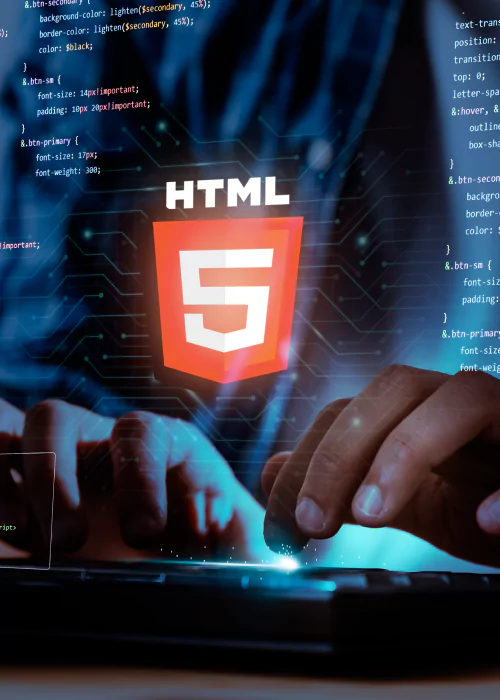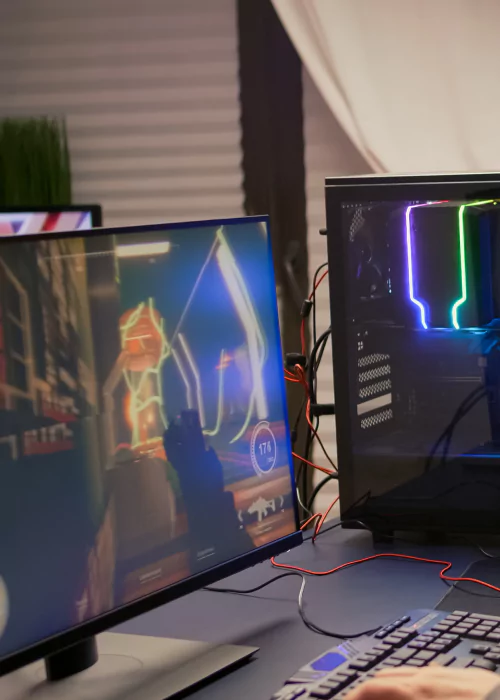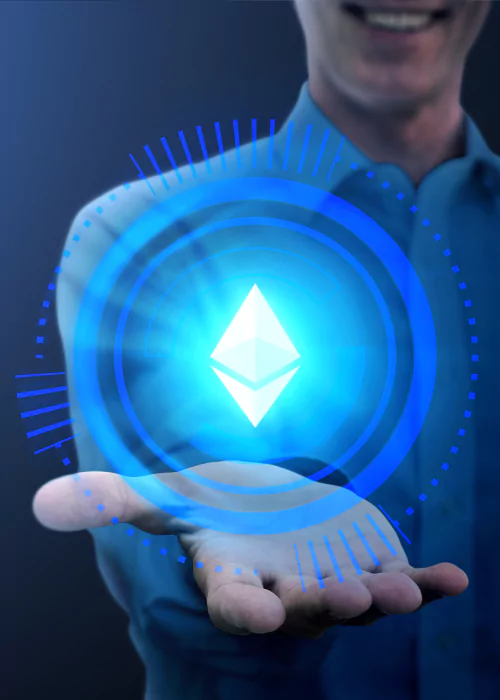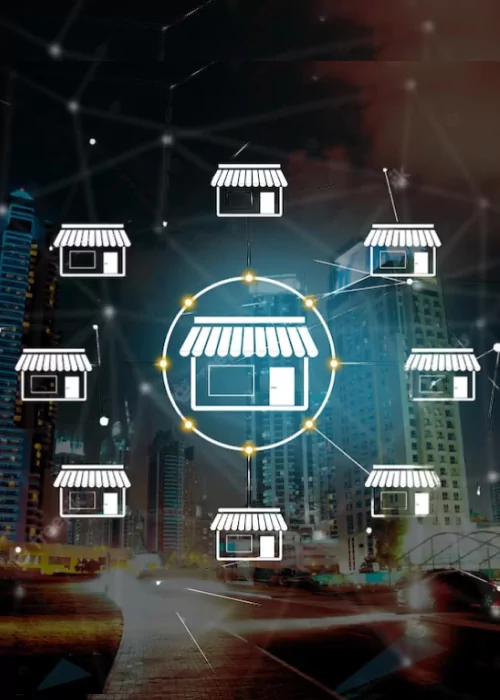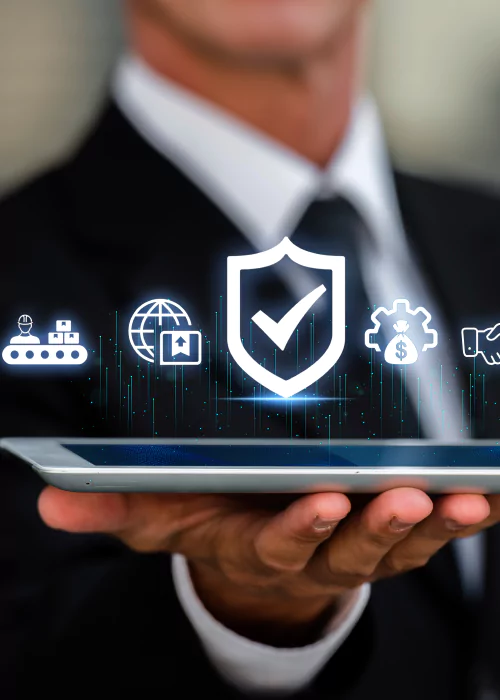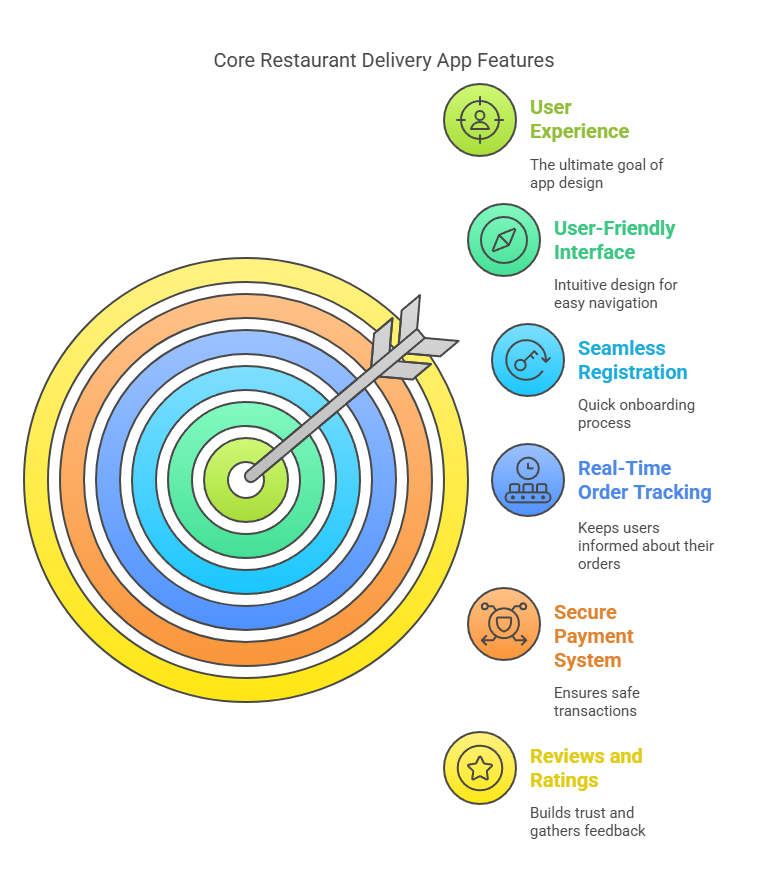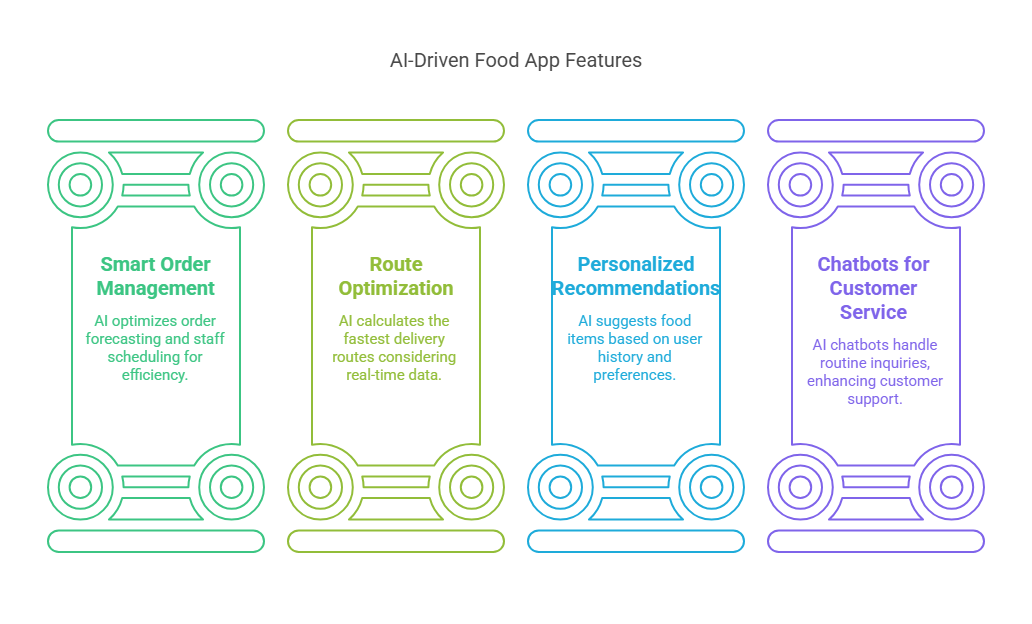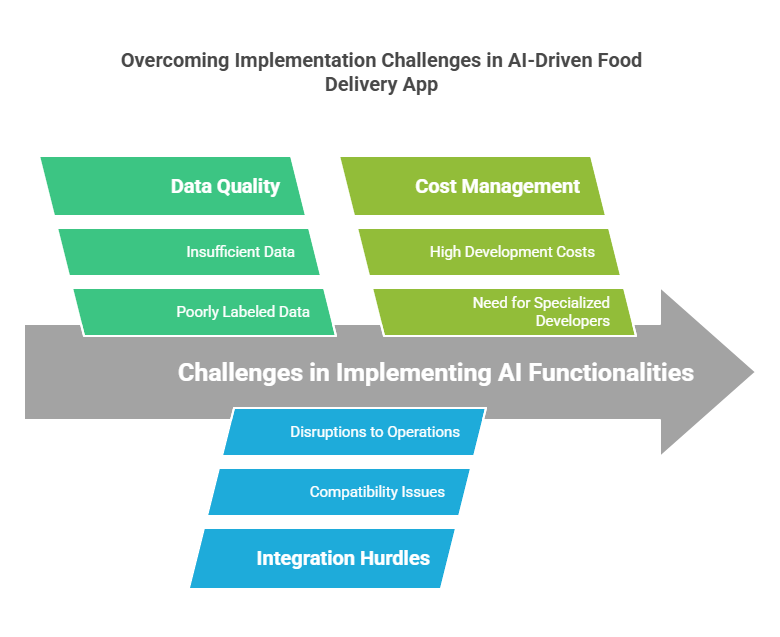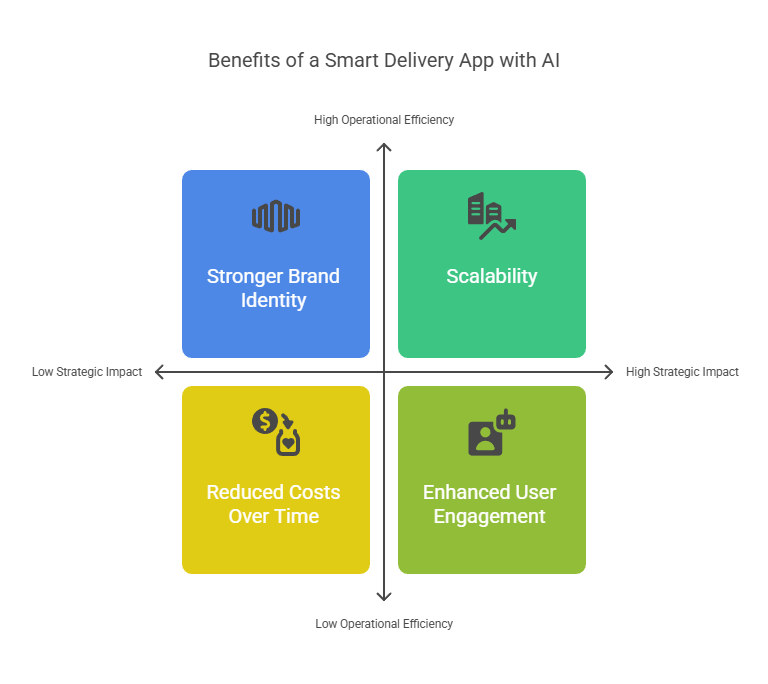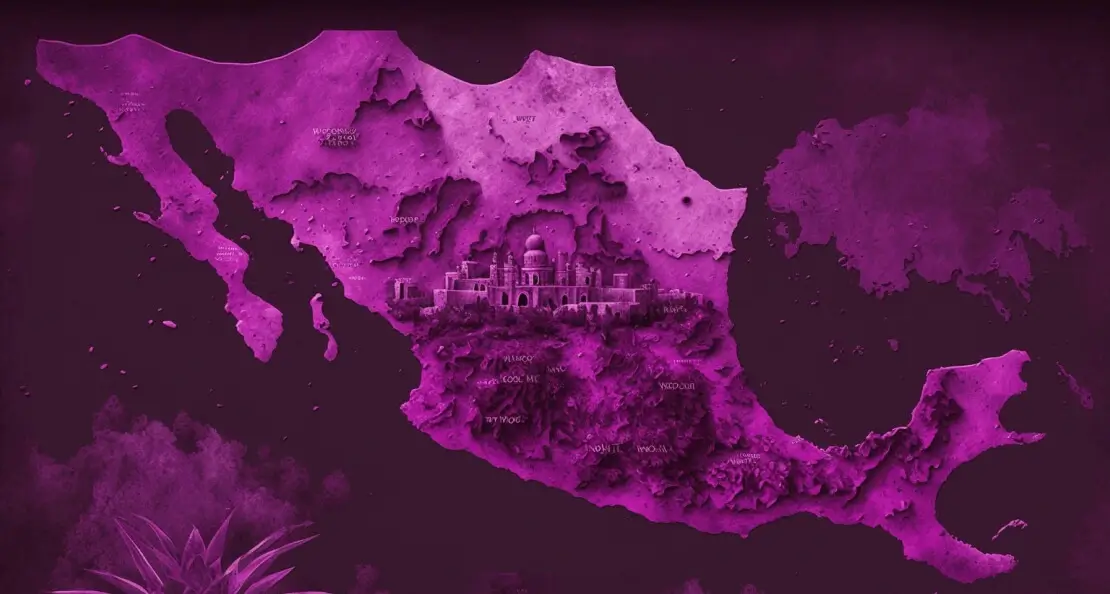Introduction
It’s clear that AI is making serious waves in travel and hospitality – reports show over half the companies in the sector are already using it to sharpen their operations and make guest stays better. What’s more, experts believe AI’s financial contribution here is only going up, potentially hitting some eye-popping revenue numbers down the road. This isn’t just a minor tweak; it’s changing how we all think about planning, booking, and experiencing travel. Businesses that jump on this early are definitely positioning themselves to lead the pack.
But what does AI actually do in travel? Think of it as smart systems working behind the scenes to handle things like booking management, keeping customers engaged, predicting maintenance needs before problems arise, and much more. You see it when an online travel site suggests a trip tailored just for you, or when a high-end hotel uses chatbots for instant support anytime. These AI tools are getting smarter all the time. Yet, the real game-changer isn’t just how advanced the tech is; it’s how smoothly it’s becoming part of the everyday travel flow, fundamentally reshaping our journeys.
Looking ahead in this piece, we’ll dig into the basics of AI for travel and hospitality. We’ll check out real examples of how it’s being used and see how companies are putting everything from clever machine learning to robotics to work to get ahead. It’s no surprise the travel industry is catching on fast. As AI becomes more common everywhere, travel companies are seeing how it can help them run more efficiently, save money, and offer those truly personalized touches that make a difference.
Planning to build an AI travel or hospitality app?
Our team specializes in intelligent, user-friendly solutions that help your brand stand out..
Defining AI in Travel and Hospitality
When we talk about “AI,” we simply mean technology systems that can simulate aspects of human intelligence; like perceiving environments, making decisions, and learning from data to support or automate processes. In the context of AI in travel and hospitality, these processes might be:
- Predicting travel demand or peak seasons.
- Personalizing vacation or business trip recommendations.
- Automating hotel operations [like housekeeping schedules and inventory management].
- Empowering travel chatbots to handle customer queries instantly.
the really interesting thing is seeing how this AI stuff just shows up in our everyday travel moments. Think about those self-serve check-in kiosks at the airport, or when a website nails the perfect scenic tour suggestion for your next trip – that’s AI in action, woven right into the experience. It’s proof the industry is jumping on board. If you’re someone who travels a fair bit, you’ve likely already used systems like these, maybe without even giving it a second thought.
Key AI Use Cases in Tourism
While the phrase AI use cases in tourism may spark images of futuristic robots delivering room service, there are very practical ways AI is improving the travel experience right now. Here are a few notable examples:
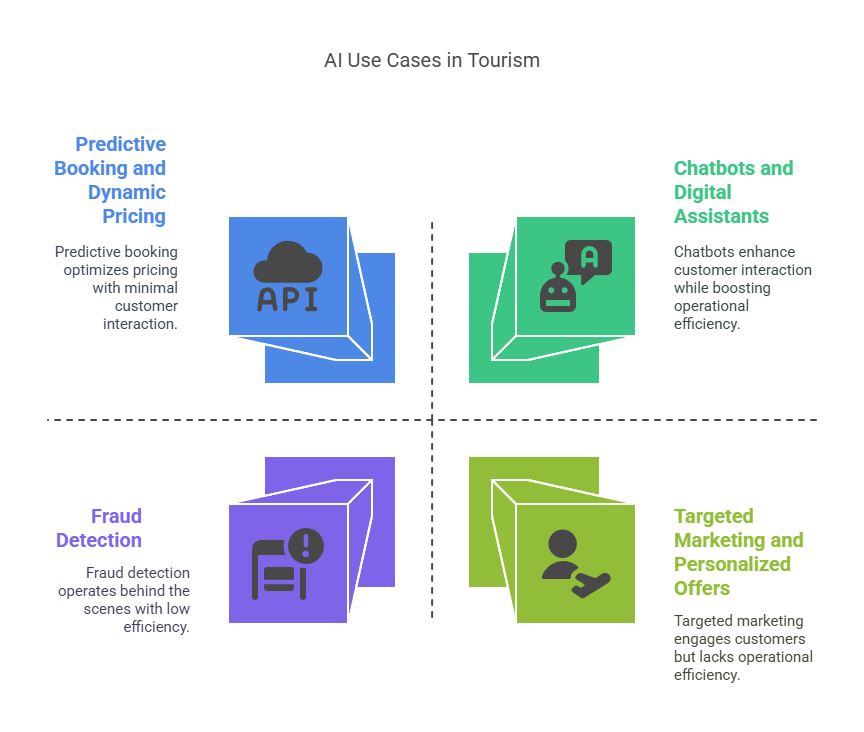
1. Predictive Booking and Dynamic Pricing
Travel companies harness machine learning models to forecast fluctuating demands or flight seat availability. This analysis goes a step further by dynamically adjusting prices—in real-time—based on factors such as seasonality, traveler demand, and even competitive rates. The result is an automated approach that ensures both travelers and providers receive the most suitable pricing at any given moment.
2. Targeted Marketing and Personalized Offers
Similarly, tourism agencies leverage data analytics to create personalized campaigns. They might combine your past booking history with social media cues to figure out that you adore beach destinations, or that you’re more inclined to book weekend getaways in spa hotels. It’s not just about sending marketing materials but ensuring that each promotion is relevant to your unique preferences.
3. Fraud Detection
An often-overlooked domain is the use of AI to thwart fraud in ticket purchases or reservation platforms. Through pattern recognition, advanced algorithms can swiftly detect unusual booking behaviors—like multiple high-value reservations made within seconds under different user names—and flag them for further review. This protects customers while saving businesses from potential revenue losses.
4. Chatbots and Digital Assistants
Chatbots driven by AI are great for quick customer help, tackling everything from confirming bookings to making simple changes. This is a big win for businesses – they get more efficient by letting bots handle the repetitive stuff. For customers? It means faster answers and way less time stuck on hold just for a basic question. Now, you might be thinking, ‘So, are human staff on the way out?’ Not really. Usually, these bots handle the simple and everyday questions which frees up the actual customer service team to deal with trickier problems or give more personalized help when it’s needed.
Getting these interactions right is super important for creating a great travel experience, and honestly this is one area where AI use cases in tourism really makes a difference.
Hospitality Automation with AI
Another big component of the industry’s transformation is hospitality automation with AI. If you’ve ever stayed in a hotel that allows you to check in via your phone, request fresh towels at the tap of a screen, or consulting a lobby robot concierge for local restaurant recommendations, you’ve experienced a taste of this. Below are some ways in which automation is reshaping operations:
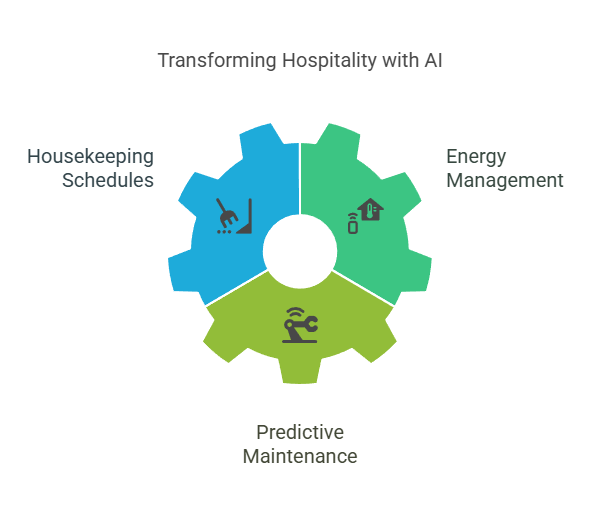
- Housekeeping Schedules: Artificial Intelligence scheduling algorithms figure out the optimal time to clean rooms based on occupancy patterns, special requests, and even localized events in the area. This ensures maximum efficiency and minimal disturbance to guests.
- Energy Management: Smart thermostats and energy monitoring systems adapt to real-time usage, automatically adjusting lighting and temperature so that hotels use resources more sustainably.
- Predictive Maintenance: Hotel facilities (such as elevators and air-conditioning units) often incorporate sensors that transmit performance data to an AI platform. The AI then predicts when a piece of equipment might fail, prompting maintenance staff to intervene before guests are affected.
These examples of hospitality automation with AI demonstrate how hotels can be highly responsive to guest needs. In my experience, I’ve seen hotels reduce manual workloads for staff while simultaneously creating a more engaging experience for visitors. There’s a certain charm to a streamlined hotel operation where everything just works behind the scenes, freeing staff for higher-touch tasks, like personalized guest interactions.
AI for Customer Experience in Travel
Sure, cost savings and operational improvements matter. But let’s not forget that AI for customer experience in travel is equally groundbreaking. When a traveler feels as though a service “knows” them—what they like, when they need help, how they prefer to explore a destination—it can make all the difference.
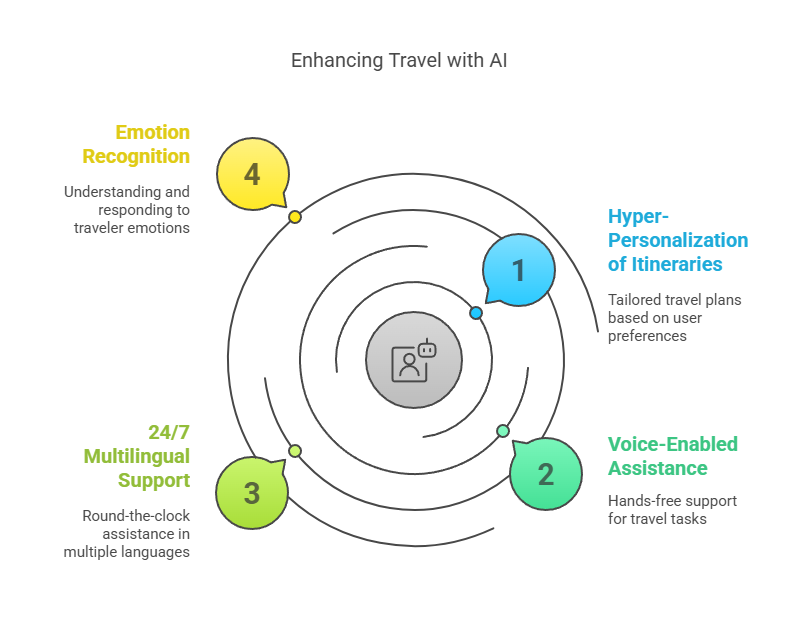
- Hyper-Personalization of Itineraries: Suppose you frequently search for cultural tours in new cities. An AI system could automatically piece together a custom itinerary of museum visits and local walking tours for your next trip, delivered to your inbox before you’ve even finalized your flight.
- Voice-Enabled Assistance: Potentially from the moment you land at the airport, you may use voice assistants on your phone or interactive kiosks to handle currency exchange details, order a rideshare, or locate your hotel with minimal fuss.
- 24/7 Multilingual Support: Language barriers can be frustrating, especially for international travelers. AI chatbots that understand multiple languages can handle customers in their preferred language, facilitating a more seamless traveling experience.
- Emotion Recognition: Some AI systems can even gauge a traveler’s emotional cues (like frustration or excitement) through facial recognition or text analysis, enabling staff to respond more compassionately.
All these features revolve around the core idea: harness technology to delight the traveler at every step. Naturally, there’s a balancing act involved, as organizations must ensure data privacy and regulatory compliance. But so far, AI for customer experience in travel continues to set new benchmarks for convenience.
Travel Industry AI Solutions in Action
By now, it should be evident that the ecosystem of travel industry AI solutions is quite extensive. Although many examples focus on front-facing elements (like chatbots or itinerary planners), the underlying analytics and backend systems are just as transformative. Here is a quick table highlighting some core AI solutions and their primary functions:
| AI Solution | Primary Function | Direct Benefit |
|---|---|---|
| Predictive Analytics | Forecast demand, optimize pricing | Boosted booking revenue |
| Natural Language Chatbots | Provide instant customer support, handle routine queries | Reduced wait times & improved ROI |
| Robotics for Hospitality | Task automation (e.g., luggage handling or room deliveries) | Higher efficiency & novelty factor |
| Image Recognition Systems | Validate travel documents or assist with contactless check-in | Enhanced security & faster queues |
| Recommendation Engines | Personalize travel itineraries and cross-sell relevant services | Improved guest satisfaction |
Each entry in this table is a small piece of a much bigger puzzle. The synergy of these tools underlines how travel industry AI solutions solidify the sector’s technological backbone. While we’re on the subject, it’s worth mentioning that successful integration of these systems often requires collaborative partnerships—hotels and airlines working closely with AI vendors, regulatory bodies, and third-party booking sites.
Overcoming Implementation Challenges
Let’s be honest, though. Putting AI in travel and hospitality into practice isn’t just plug-and-play. Businesses often hit these common speed bumps:
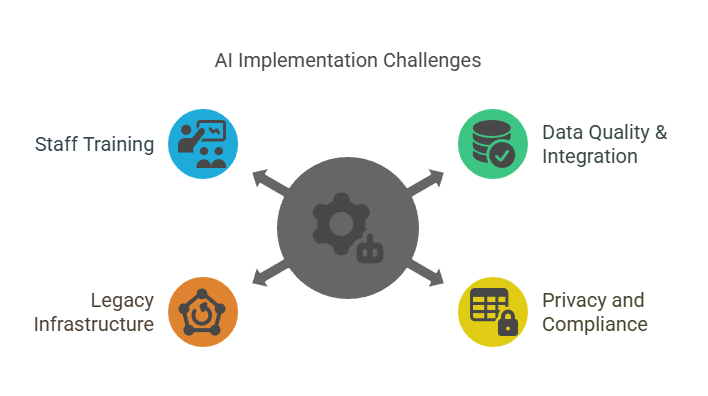
- Data Quality & Integration: Often, crucial information is stuck in separate silos – booking engines here, property management there, marketing platforms somewhere else. Before AI can really deliver value, companies have to pull this scattered data together and clean it up.
- Privacy and Compliance: Regulations differ from one region to another, and data privacy laws are getting stricter. Companies need to ensure that their AI systems respect these boundaries.
- Legacy Infrastructure: Many hotels or travel agencies operate on outdated systems that cannot seamlessly interface with modern AI platforms. Upgrading can be time-consuming and costly.
- Staff Training: Employees might require training on how to effectively interact with AI-driven insights or manage robotic systems in a hotel setting.
One might underestimate the magnitude of these challenges if they haven’t experienced them firsthand. In reality, a large portion of the journey includes ensuring that the technology is well-integrated and that people know how to extract maximum value from it. Actually, implementing AI is often more about organizational culture change than just plugging in a new piece of software.
Less Obvious Factors for Businesses to Consider
A subtle consideration—beyond budget and technology—centers on the expectations of modern travelers. An increasing number of customers not only enjoy these AI-driven perks but actively seek them. There’s a segment of the market that appreciates “touchless” or minimal human interaction experiences, particularly in a post-pandemic environment. Conversely, some guests crave more human warmth and might find an overreliance on automation off-putting.
Hence, businesses must pick and choose which AI in travel and hospitality features align closely with their brand identity and customer base. And it’s not just about alignment; it’s also about balance. You certainly don’t want to remove human interaction completely, especially if your brand thrives on personal touches. Let’s talk next about how emerging technologies might shape this balance.
Looking to integrate AI into your travel or hospitality business?
We specialize in custom AI solutions that elevate guest experiences and optimize operations..
The Future of AI in Travel Sector
Now, let’s look at where we’re headed. Future of AI in travel sector trends revolve around more seamless, predictive, and proactive interactions. Multi-modal AI platforms will likely integrate voice, text, and gesture controls into a single, unified interface that can respond to travelers’ requests at the drop of a hat. And while some people might find this futuristic, the seeds have already been planted.
On the horizon, we might see:
- Robot concierges that do more than deliver items: they’ll recommend attractions uniquely suited to your travel patterns.
- Augmented and Virtual Reality Tools that combine AI to show real-time translations, restaurant reviews, and historical facts as you explore a city, all within your field of vision.
- Proactive re-booking systems that automatically re-route passengers if flights are delayed, sending new boarding passes and compensation details directly to their mobile devices.
It’s likely that the future of AI in travel sector breakthroughs will focus on frictionless experiences, where the technology practically steps out of the way and just makes everything easier. If we circle back to the initial adoption rates, there’s a real momentum driving these changes, and it’s probably safe to anticipate even faster developments.
Practical Tips for Implementation
Organizations pondering how to get started with AI in travel and hospitality can consider a phased approach:
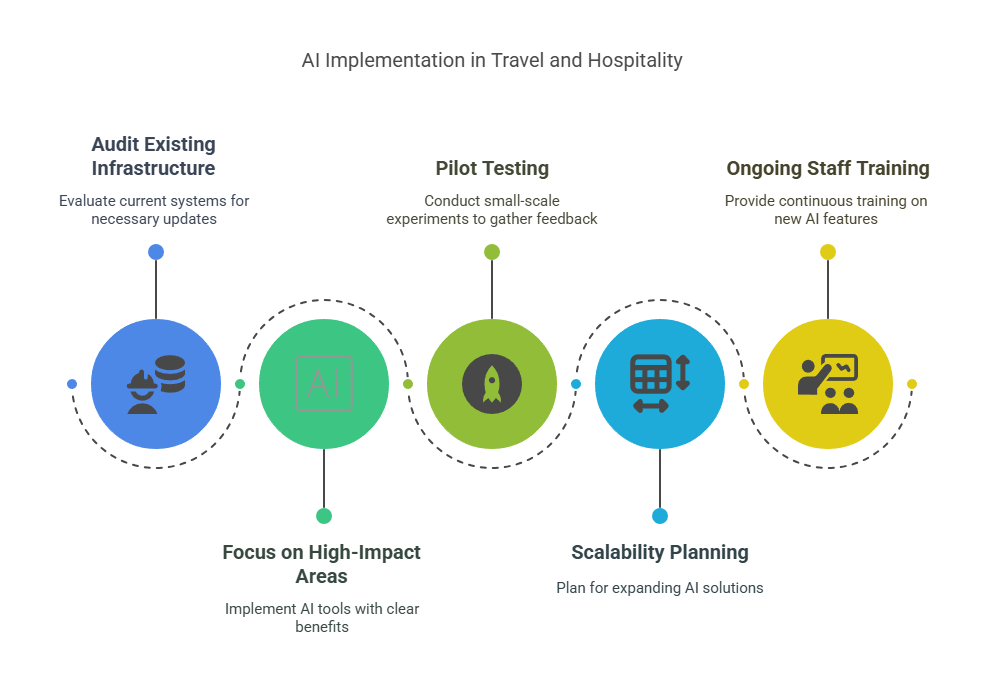
- Audit Existing Infrastructure: Identify which systems require updates or replacements to ensure smooth data flow.
- Focus on High-Impact Areas First: Maybe start with something like a chatbot or predictive analytics tool, which have clearly measurable benefits (shorter wait times, improved revenue from dynamic pricing, etc.).
- Pilot Testing: Before rolling out solutions across multiple hotel branches or airline routes, run small controlled experiments. Gauge customer reactions, ROI, and staff feedback.
- Scalability Planning: Once you see positive results, plan to scale up. Build in modular expansions that allow more advanced functions over time—like voice recognition or robotics.
- Ongoing Staff Training: Keep teams updated on new features and best practices. If a front desk manager doesn’t understand how the new predictive maintenance dashboard works, the system’s benefits remain underutilized.
Notably, let’s do a quick aside here: don’t overlook the importance of vendor selection. Choose partners who have a deep understanding of both the technology and your specific business domain. This synergy can make or break your AI transformation journey.
Digression: Cross-Industry Inspiration
On a smaller note, I’d like to digress by pointing out that many hospitality businesses are taking inspiration from industries far removed from tourism. Retail, healthcare, and finance have also made significant headway in AI-driven personalization and automation. By examining their successes and pitfalls, hoteliers and tour operators can borrow best practices or adapt existing solutions. This cross-pollination of ideas is healthy and can expedite AI adoption in travel. Now, let’s get back to focusing specifically on how we measure success in this sector.
Measuring Returns and Outcomes
One of the most common misconceptions is that measuring AI effectiveness is too complex. In reality, key performance indicators (KPIs) can be quite tangible:
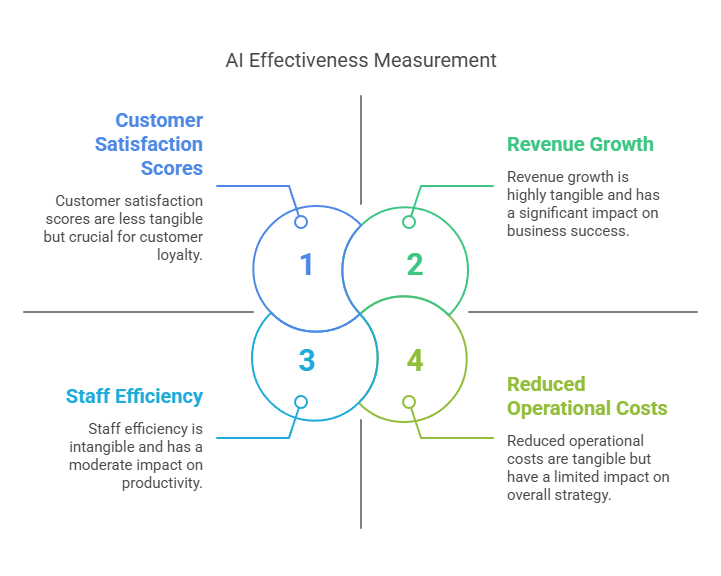
- Customer Satisfaction Scores: Has your net promoter score (NPS) gone up after you introduced an AI chatbot or personalized recommendations?
- Reduced Operational Costs: Did the introduction of automated check-in reduce staffing costs or labor hours?
- Revenue Growth: Are targeted marketing campaigns based on AI analytics boosting sales, or is dynamic pricing generating consistent yield increases?
- Staff Efficiency: Are housekeeping and maintenance staff more productive because an AI system schedules shifts or flags issues proactively?
By establishing clear KPIs, you keep the conversation grounded in numbers, ensuring that AI in travel and hospitality remains both innovative and results-oriented.
Conclusion and Next Steps
In today’s fast-evolving digital world, the integration of AI in travel and hospitality is no longer optional. It’s the bedrock of tomorrow’s travel ecosystem, providing improved customer journeys, cost savings, and deeper operational intelligence. Whether it revolves around hospitality automation with AI to enhance hotel operational efficiency or harnessing travel industry AI solutions for personalized marketing, the potential impact on customer experience and profitability is undeniable. Observing real-world AI use cases in tourism demonstrates how this technology is already reshaping the way we explore the globe. And the momentum is only getting stronger.
Yet it’s not just about short-term wins. Businesses need to consider how AI for customer experience in travel can evolve alongside shifting market expectations, and how the future of AI in travel sector might bring new forms of engagement that we can barely imagine now.
If you’re ready to introduce or refine your AI roadmap, we’re here to help guide you through every stage—from strategy design to final deployment. Don’t hesitate to connect if you’d like to discuss potential AI in travel and hospitality solutions for your business. In our experience, even a modest pilot project can yield valuable insights that set you on the right track for ongoing success.
I am the CEO and founder of Blocktech Brew, a team of blockchain and Web 3.0 experts who are helping businesses adopt, implement and integrate blockchain solutions to achieve business excellence. Having successfully delivered 1000+ projects to clients across 150+ countries, our team is dedicated to designing and developing smart solutions to scale your business growth. We are focused on harnessing the power of Web 3.0 technologies to offer world-class blockchain, NFT, Metaverse, Defi, and Crypto development services to businesses to help them achieve their goals.





